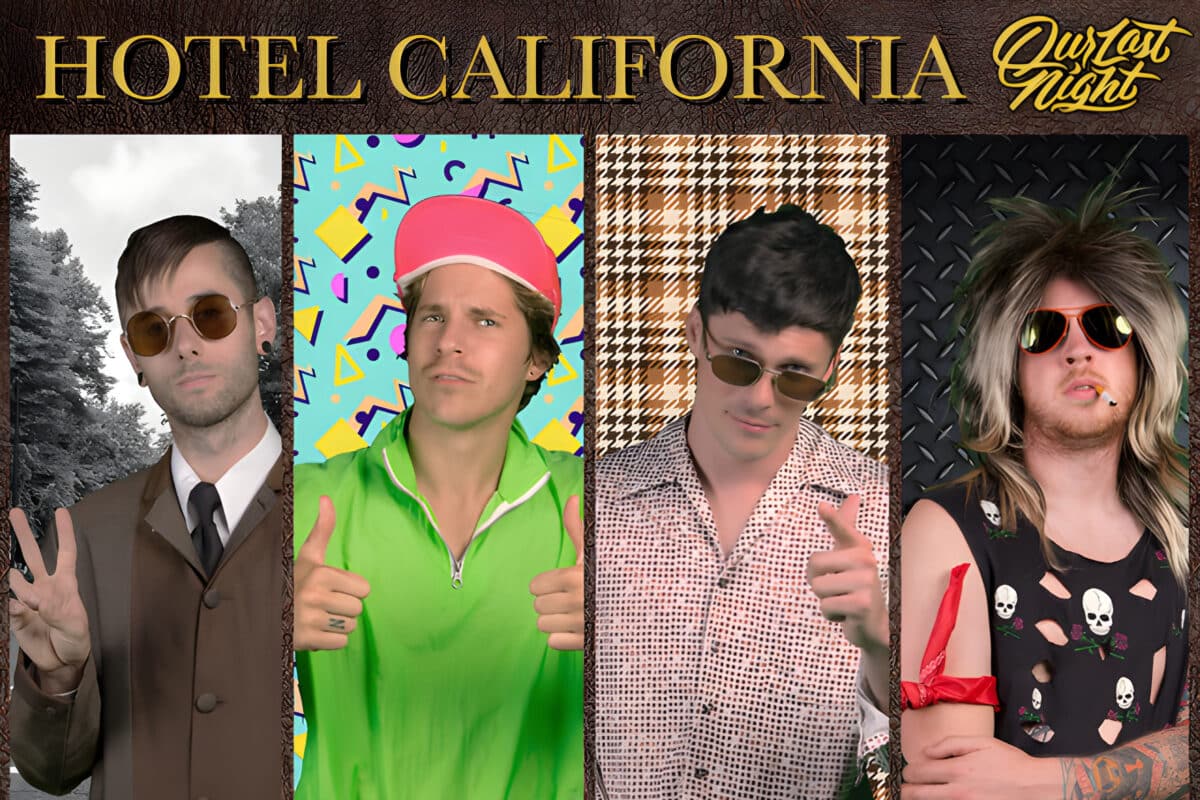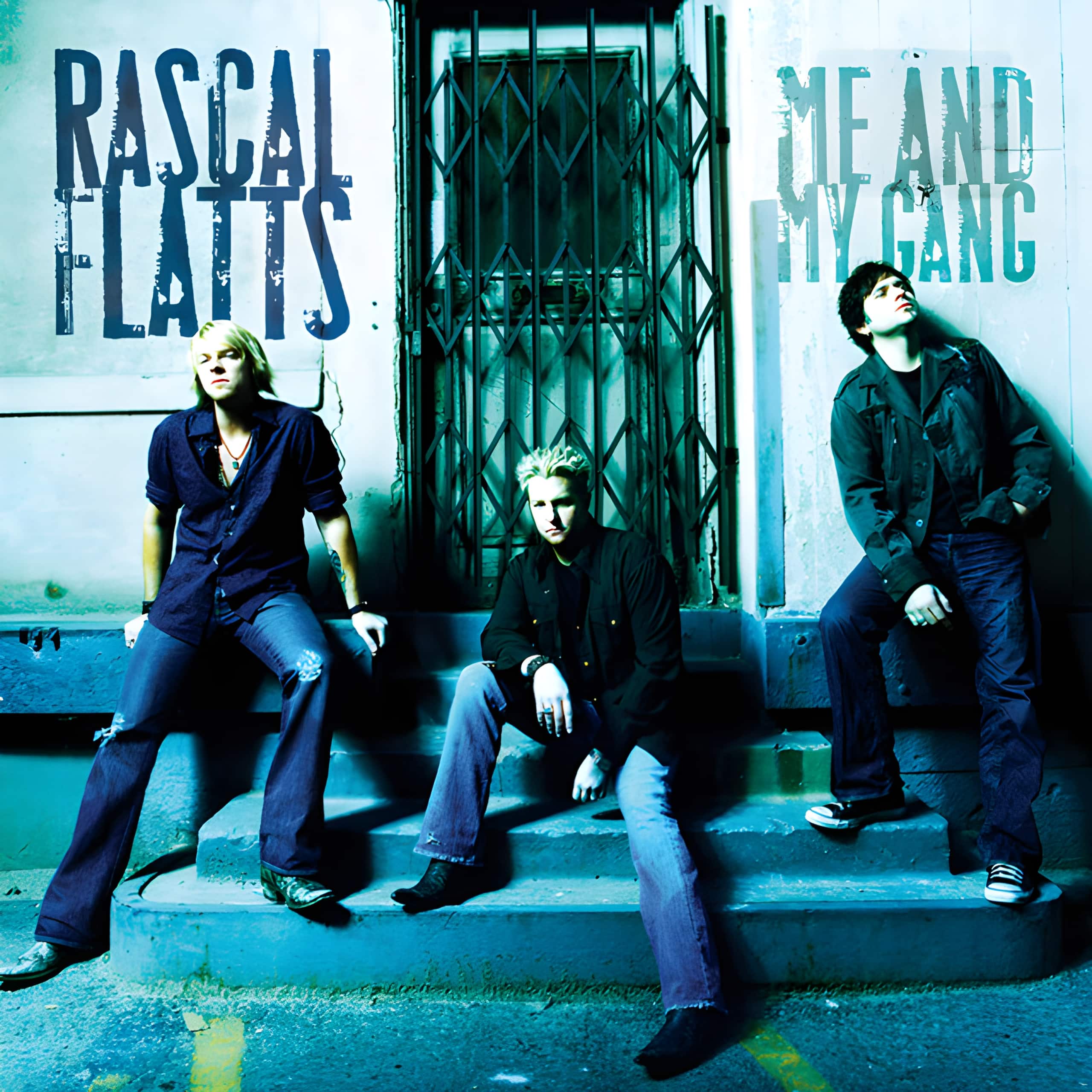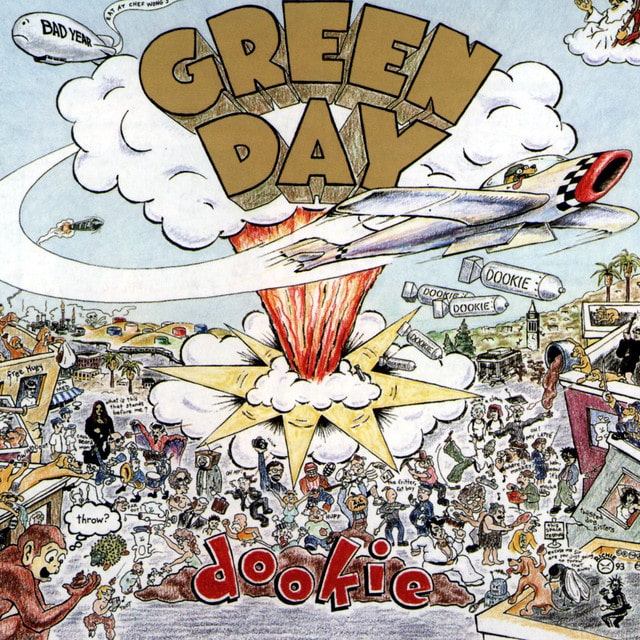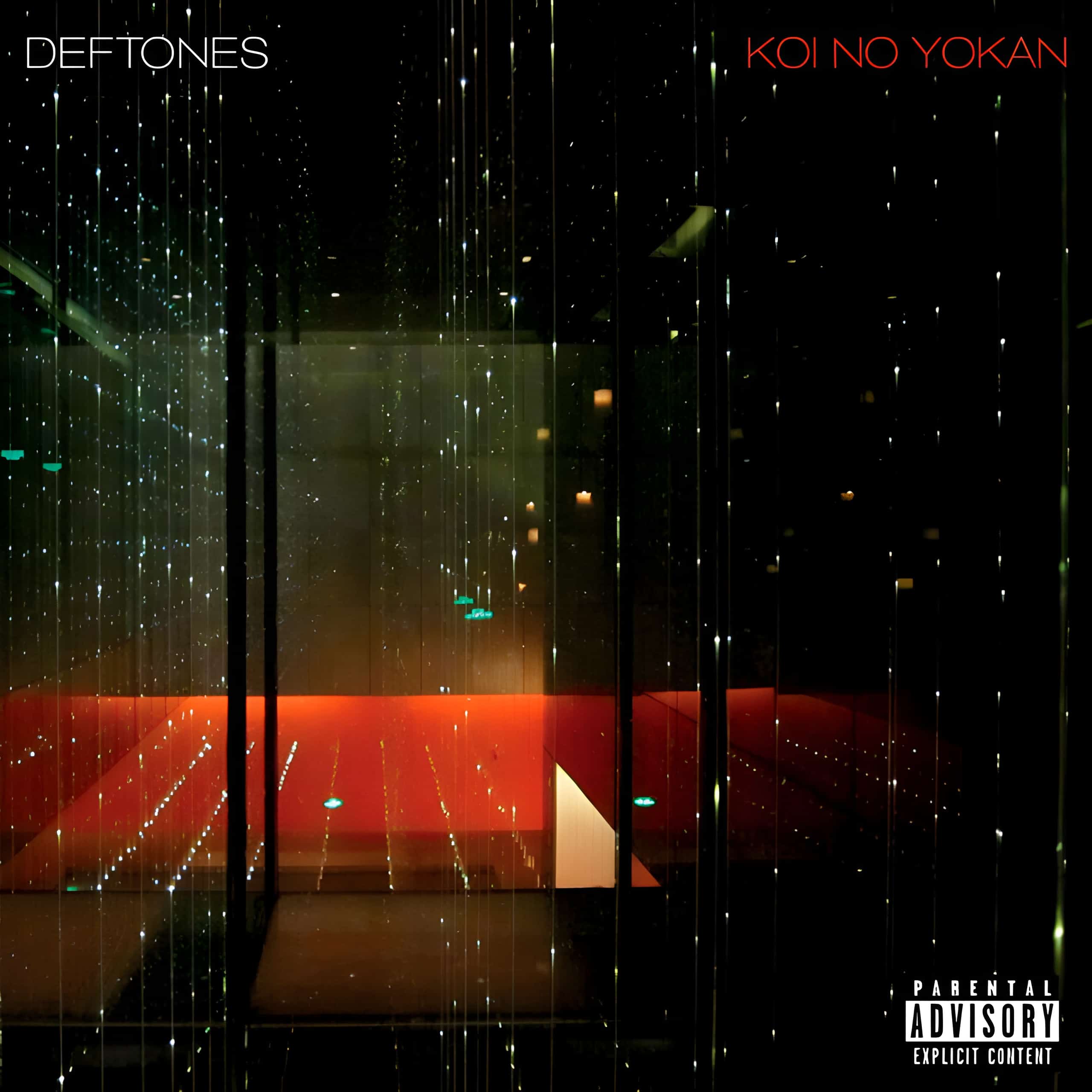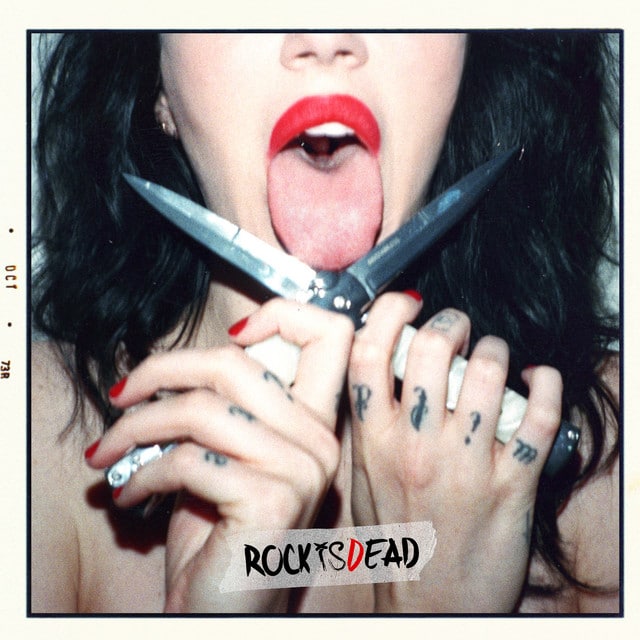Released: 2016
Hotel California by Our Last Night is a rock rendition that gives a darker, energy-packed twist to the Eagles’ classic, immortalizing the surreal and eerie narrative of a traveler encountering a mysterious hotel. This song is a legendary tale wrapped in metaphor, exploring themes of excess, illusion, and the inescapable nature of certain choices.
The journey begins “on a dark desert highway,” setting a scene that feels almost like a dream, with a “cool wind” and the “warm smell of colitas” (a Spanish term for ‘little tails,’ often interpreted as a reference to marijuana) filling the air. This opening paints an immediate picture of solitude and the search for something, setting the stage for an eerie story to unfold. The traveler is drawn to a “shimmering light” in the distance, a beacon in the vast darkness, compelling him to stop for the night at the ominously welcoming Hotel California.
Upon entry, the narrative dives deeper into the hotel’s mysterious allure with the ringing of the mission bell, suggesting a call to a place that promises sanctuary but holds secrets. The line “This could be Heaven or this could be Hell” brilliantly encapsulates the duality of the hotel – a place that seems to offer everything one desires but at a price not immediately apparent. The illusion of paradise is further sold by the hospitable introduction to luxury, with “such a lovely place” and “such a lovely face,” signifying the seductive trap of the hotel.
The song then paints the residents of the hotel in vibrant yet disturbing brushstrokes. A woman with a “Tiffany-twisted” mind and “Mercedes bends” showcases the twisted materialism and superficiality of the guests who dwell within. The eerie line, “some dance to remember, some dance to forget,” hints at the guests’ attempts to escape their realities, stuck in a loop of pleasure and regret. The mention of wine that hasn’t been served since “nineteen sixty nine” subtly nods to the end of an era, perhaps the loss of ideals and the innocence of the earlier part of the decade.
The heart of the narrative lies in the chilling realization that the hotel is a metaphorical prison. The line “Mirrors on the ceiling, the pink champagne on ice” symbolizes the intoxicating but ultimately deceptive nature of luxury and excess. The guests are described as “prisoners here, of our own device,” highlighting the idea that we are often trapped by our own desires and choices. This theme culminates in the climactic feast scene, where the guests find themselves powerless to “kill the beast” – perhaps the beast of their own making, their own uncontrollable appetites and addictions.
The final verses offer a desperate but futile attempt to escape, with the protagonist realizing that leaving is impossible. The night man’s haunting words, “You can check-out any time you like, But you can never leave!” deliver the harrowing conclusion that once one succumbs to the temptations of excess and loses sight of what’s real, escaping becomes an illusion. This chilling end serves as a powerful metaphor for addiction, materialism, and the loss of one’s self in the pursuit of an unattainable ideal.
In sum, Hotel California by Our Last Night, much like its original by the Eagles, masterfully explores the seductive but ultimately destructive allure of the California dream and the broader themes of excess, freedom, and entrapment. It’s a timeless rock narrative that resonates with the listener long after the song ends, urging a reflection on the choices we make and the things that hold us captive.
